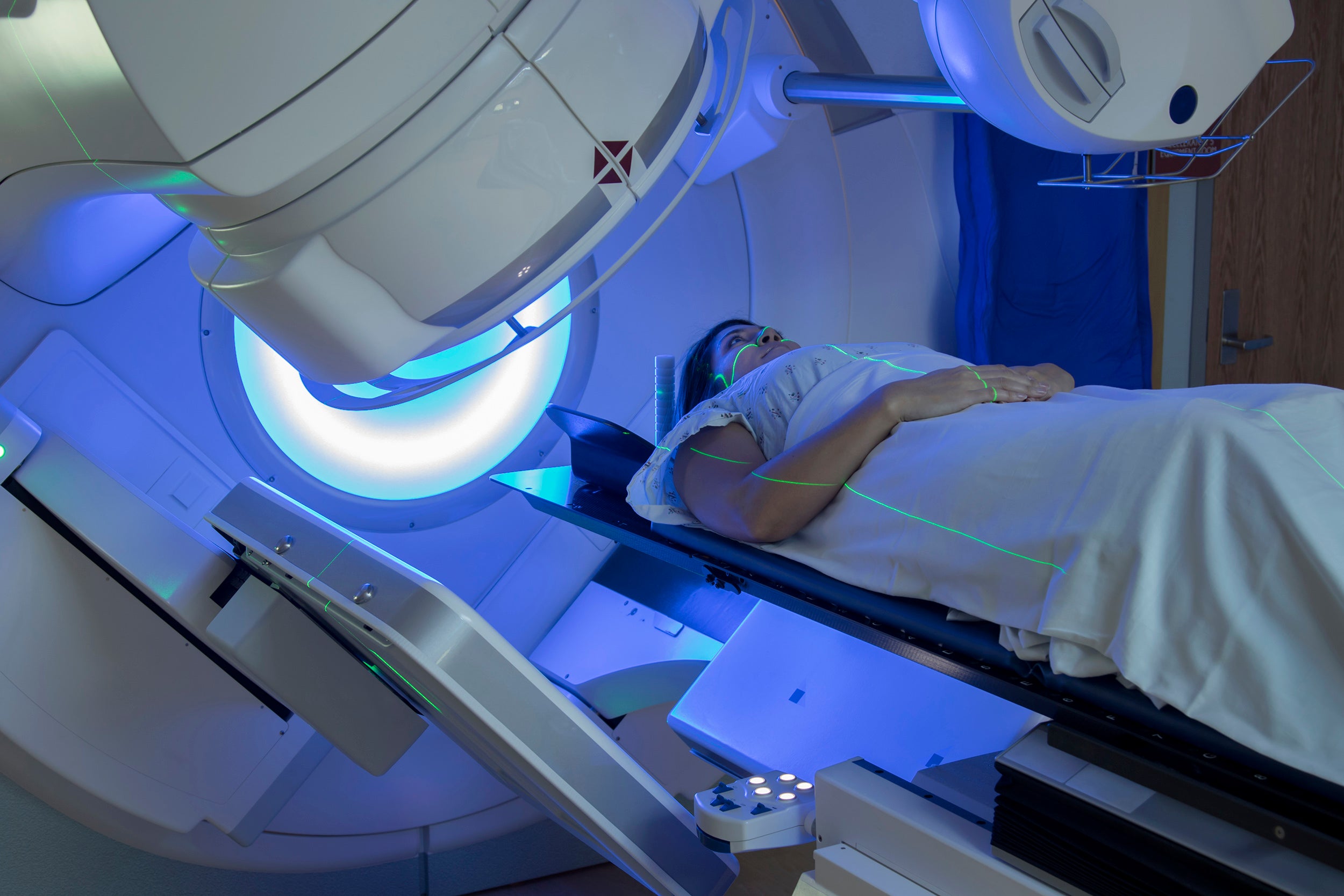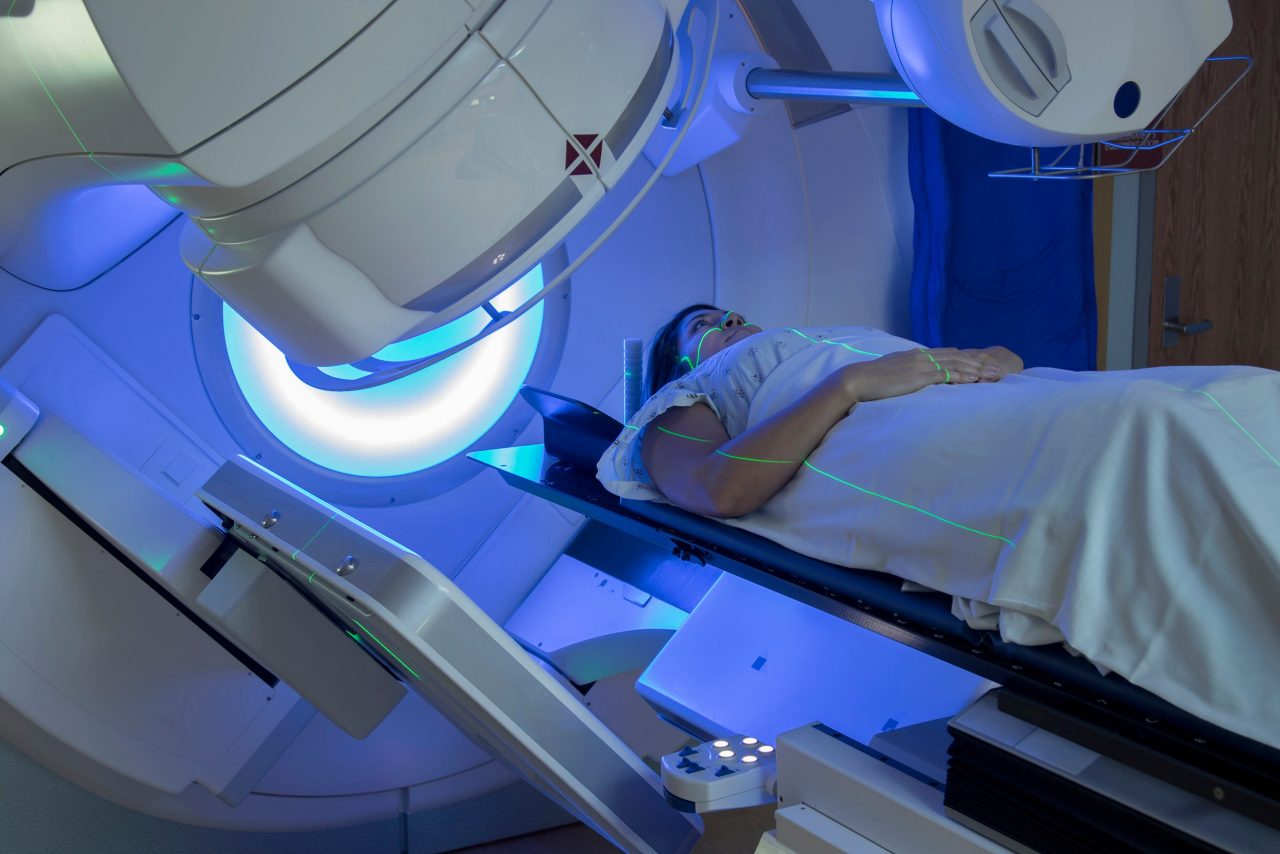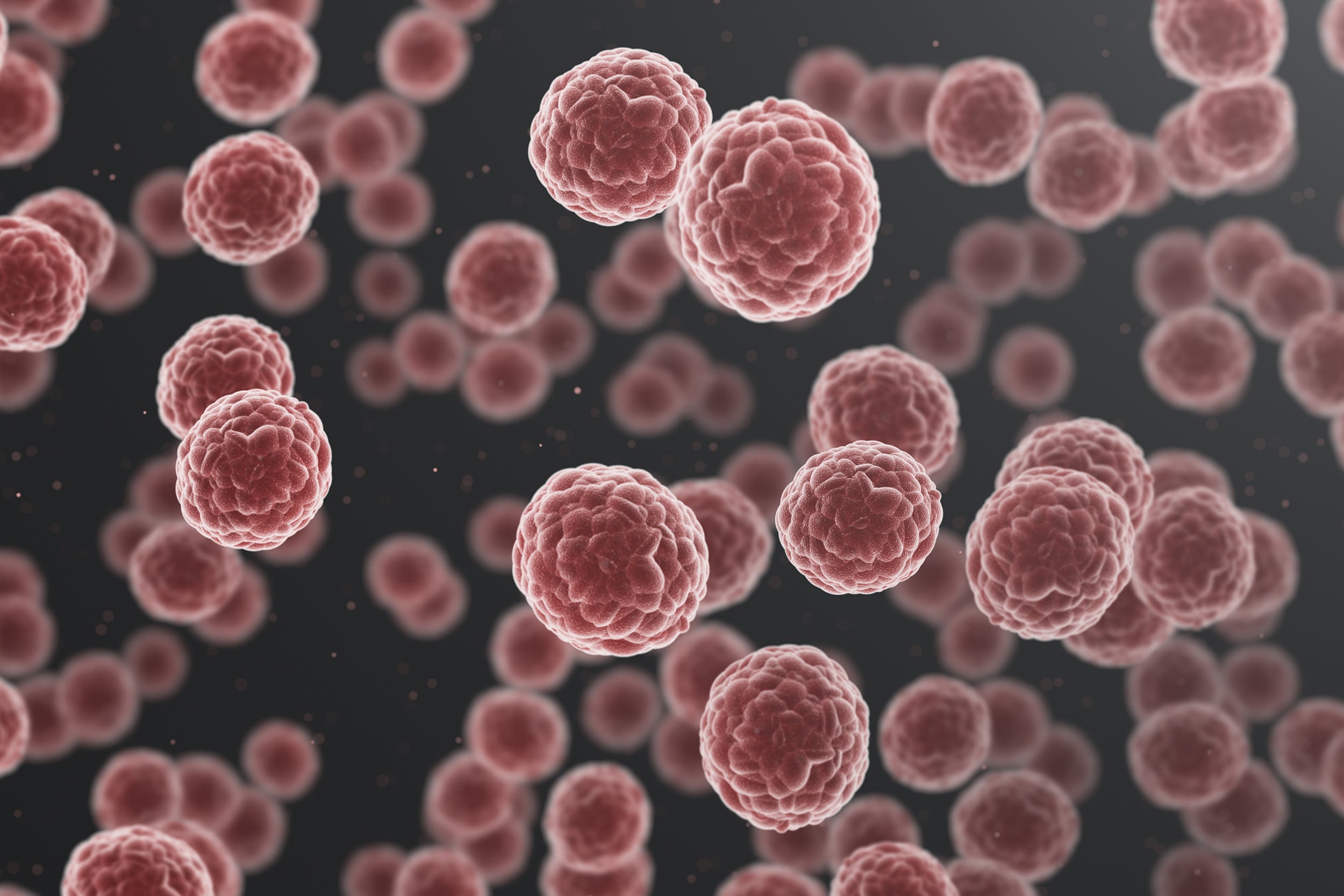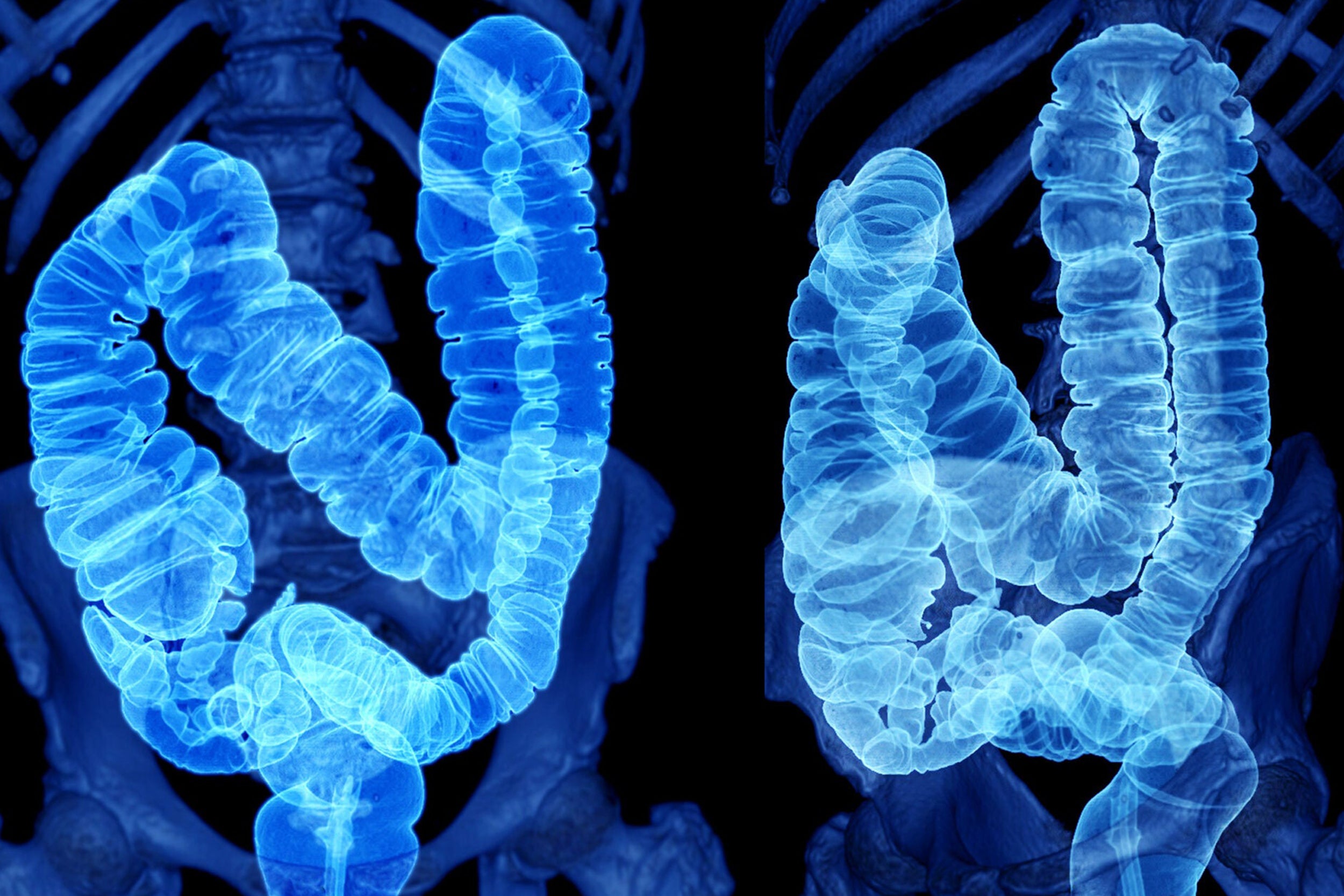
Health
Breast cancer findings ‘suggest a new set of criteria for avoiding radiation’
Following surgery with medication may produce similar results for some early-stage patients
Women diagnosed with early-stage breast cancer often can choose to have a lumpectomy, which removes only cancerous tissue and a thin margin of surrounding healthy cells instead of the entire breast. Current cancer guidelines for most women under 65 recommend following lumpectomy with radiation therapy, which targets stray cancer cells that might otherwise cause breast cancer to recur or spread to other parts of the body.
A new study presented at the 2022 annual meeting of the American Society of Clinical Oncology could eventually expand an option for skipping radiation to some women as young as 55.
The study involved 500 women ages 55 and older with early-stage breast cancers similar to established criteria for skipping radiation during treatment. It also allowed women to enroll if the margin of normal breast tissue removed was very thin (only 1 millimeter or larger). The analysis used an extra test on tumor cells removed during lumpectomy to confirm that they were slow-growing.
Over an average follow-up of five years, the study revealed that the rate of breast cancer recurrence in the same breast was 2.3% in women who skipped radiation after lumpectomy and took endocrine blockers instead — the same rate expected with radiation use, which was impressive, said Nadine Tung, director of the Cancer Risk and Prevention Program and Breast Medical Oncology at Beth Israel Deaconess Medical Center.
“Most recurrences will happen within five years. If reproducible, the results could suggest a new set of criteria for avoiding radiation.”
Promising results, but daunting obstacles remain
The study’s results are considered preliminary, and further well-vetted research is needed to confirm its results. An additional barrier makes it difficult to translate these trial results to clinical practice: the reliability of the test used in the study to demonstrate that the cancers were slow-growing — called Ki67 — varies, and many hospitals don’t routinely use it to assess breast tumors.
For women diagnosed with early-stage breast cancer who want to know if radiation is necessary after lumpectomy surgery, Tung suggests asking your oncology team these questions:
- Does my tumor type meet the criteria to avoid radiation therapy? If not, why? “I think many radiation oncologists aren’t usually asked this question,” Tung said.
- What are the chances my tumor will recur if I do or don’t have radiation? If you’re given the choice, it’s important to understand the difference in your odds of recurrence or cure, Tung said.
- Would I need to take medication instead of having radiation? If so, for how long, and what are the possible side effects?
- What are the possible side effects if I undergo radiation? “Radiation can cause redness, like a burn on the breast,” she explains, “and the treated breast can shrink a bit over time. Ask about both short- and long-term side effects.”
This is an excerpt from an article that appears on the Harvard Health Publishing website.





